|
Hi Everyone! My name is Prakriti and I am originally from Kathmandu, Nepal. I am currently a senior majoring in Biology at Grinnell College in Iowa. This summer I am researching lupus genetics at the Mayo Clinic in Rochester, MN. I am incredibly excited to be a student representative for the American Chemical Society at the 21st annual United Nations Framework Convention on Climate Change Conference of Parties (COP21). The COP21 will take place in Paris, France this December and I will try to keep you updated on all the events and activities through this blog as well as other social media sites. My interest in being an ACS student delegate at COP21 is a culmination of my experiences growing up in Nepal and my academic explorations of climate change in college. I became interested in learning about protecting the environment at a young age. My grandmother would tell me stories about the clean and holy Bagmati River that flowed through the city during her childhood. As a native of Kathmandu, the capital and most ‘developed’ city of Nepal, I frequently passed the Bagmati River. Years of dumping waste into this holy river had led to the creation of a foul-smelling and repulsive body of water. While I held my breath every time I passed this river, it pained me to see that humans could be so destructive. I wanted to learn how to prevent such destruction. The school I went to in Nepal instilled a sense of awareness about the environment in me. We celebrated environment day every year, during which everyone had to dress in one of the earth colors, green, glue or brown and each class was responsible for a fun environment-related activity. During the year, we were taught to do small things like dispose of waste properly, recycle paper and cans, as well as reuse plastic bags. At home, we use solar power for hot water and we have a wastewater plant. As a teenager, I complained a great deal about not being able to take a hot shower on a cloudy day, or not being able to wash my clothes in a washing machine due to the shortage of water in our city. I am thankful I grew up in the developing world where I had to learn to live with limitations on water, gas and electricity because it showed me that we could survive without being wasteful. Attending college in the US has been a wonderful experience and made me even more appreciative of our environment. I have gotten the opportunity to explore the effect of climate change on organisms, learn about prairie restoration, been in the midst of passionate students advocating for a greener campus, and explored the relationship between religion and climate change. One of my biggest realizations since coming to the US has been that developed and industrialized countries like the US have a huge impact on the environment and thus play a very important role in mitigating the effects of climate change. The effect of climate change that largely stems from highly developed and industrialized countries can be seen all throughout the world. In developing countries like Nepal, a majority of the population lives in rural areas and depends on agriculture for survival. Agriculture, however, is a climate sensitive occupation because a disruption in precipitation patterns, for example, can greatly hinder crop production. Furthermore, natural disasters like floods, and landslides can directly decrease productivity. Therefore, I feel it is important to learn about how we can balance human growth and development with environmental protection. Going to COP21 will be a great opportunity for me to learn about climate change policy that will affect many nations of the world. I am interested to learn about policies that will hold all parties accountable for their actions in order to prevent further anthropogenic harm to the environment. I hope you will join me in learning about these issues and starting a productive discussion among our peers to understand our role in protecting the environment.
0 Comments
Leave a Reply. |
Categories
All
Archives
March 2024
|
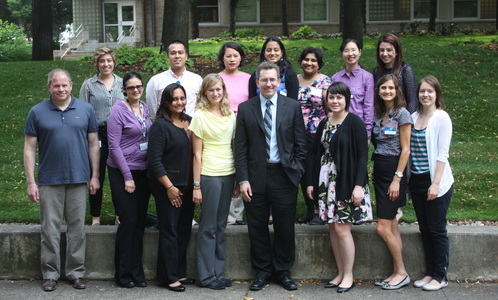
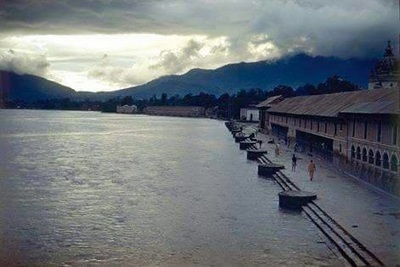
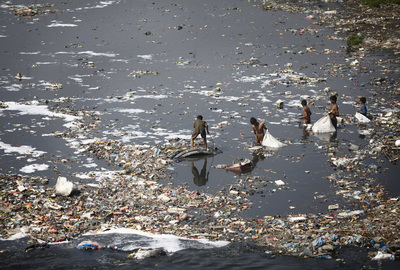
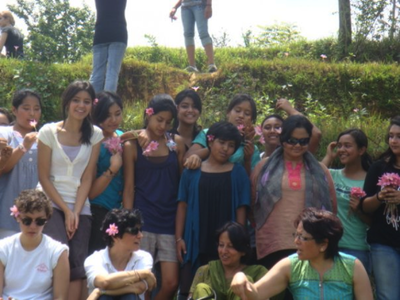
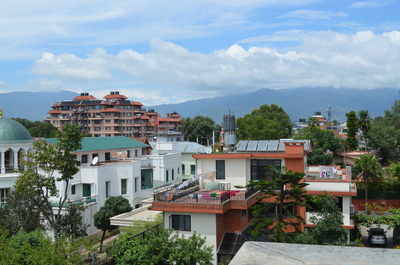
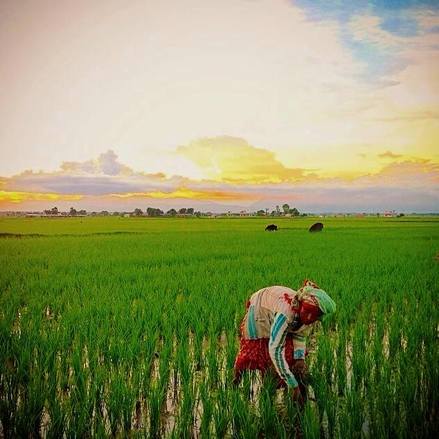
 RSS Feed
RSS Feed
